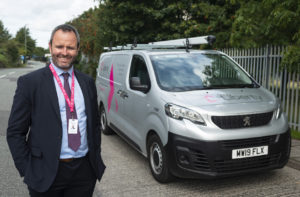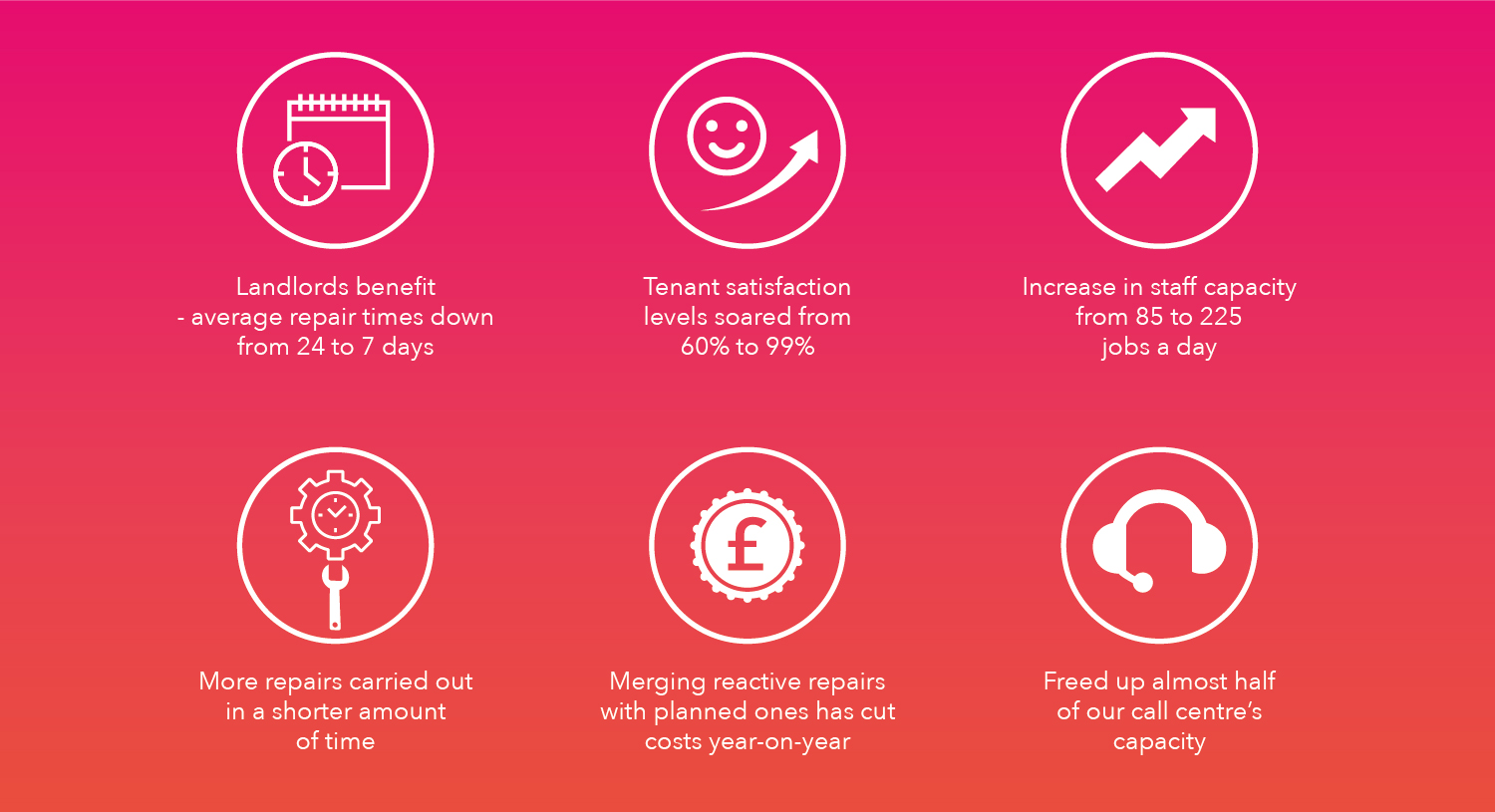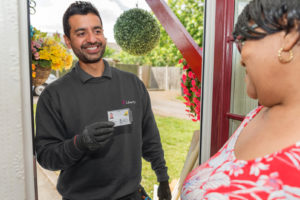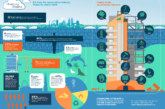Ray Jones, Managing Director at property services company Liberty, discusses why innovation in procurement will build stronger relationships, deliver greater value and improve outcomes for clients and customers.

It’s an exciting time for the property services industry. A changing political, social and economic landscape means organisations are pushing boundaries, embracing change and developing new ways of working to ensure strong and lasting collaborations.
Despite significant changes in many areas, procurement has traditionally remained behind the curve when it comes to innovation and development.
While elsewhere in the sector partnership working and increased client satisfaction reign, managing construction industry contractors remains largely transactional and driven by price. This means that while low costs may prevail in the short-term, it can sometimes be at the expense of quality and longevity, often leading to a domino effect across the supply chain.
The result is contractual rather than consensual relationships as all parties attempt to widen their margins, creating a lack of openness and mistrust. Likewise, maintenance contracts often prioritise costs. They typically focus on unit or fixed price arrangements for delivering individual tasks rather than added value such as customer satisfaction and first-time fixes.
An approach for the future
At Liberty, we always look to focus on outcomes, working together with others to make the environments we work in safe, smart and better for everyone. We know trust is of paramount importance when it comes to the success of any project. Where there is a trusting relationship between the client and the service provider, the resulting feeling of shared responsibility for successful delivery ensures a foundation for better outcomes.
Involving contractors at a much earlier stage in the construction process would allow greater trust by fostering this partnership-led approach. It also means a shift in focus towards whole life costs or overall property costs, rather than unit-based assessments.
Ultimately, a more long-term, joined up approach could lead to greater satisfaction, and have a tangible impact on the bottom line too. We pride ourselves on anticipating issues and addressing problems before they occur. Like the most successful procurements, we look to deliver maximum value rather than lead on the belief that lower cost is always better. This approach often also leads to reduced costs in the longer-term.
It also gives an opportunity for truly open dialogue between all partners involved in a project. For example, working with clients in the early development phase has allowed us to influence design and build principles, to deliver short and longer-term efficiencies.

In practice, we have been able to suggest new construction options to deliver high quality properties and a more affordable price with a greater degree of delivery certainty.
Clients have been presented with a timely, alternative solution, which enables them to develop land quickly, and realise a return on capital faster than traditional methods.
Working differently with sub-contractors and larger suppliers has also allowed us to open up a number of innovations that we have been able to integrate into our core offering to clients.
Transforming traditional ways of thinking when it comes to procurement activity can seem like a difficult task, but by keeping suppliers at arms-length, significant opportunities are missed. By ensuring a partnership driven approach, with emphasis on value, quality and certainty, inflated costs can be avoided, and risks mitigated.
Far-reaching benefits
This collaborative and long-term view of procurement also leads to a shift in focus in other areas. For example, traditionally maintenance work on a property has focused on individual repairs required. However, by moving to measure repair effectiveness rather than simply completion, suddenly we are enabling a whole property view and giving a clearer picture of potential future issues that may also be resolved.
This broader approach to property repairs not only increases client satisfaction, but also proactively ensures the housing stock is properly maintained, reducing overall costs.
It empowers skilled operatives to intervene early when attending repair jobs, with the ability to diagnose and rectify additional problems while on site, and — most importantly — it successfully aligns the needs of tenant and landlord.
 Proven results
Proven results
We have already seen the many benefits that this type of approach can offer landlords, including the reduction of average repair times from 24 to seven days, with more repairs undertaken in a shorter amount of time.
Tenant satisfaction levels have soared from 60% to 99%, and despite an initial growth in expenditure caused by reactive repair costs and latent demand, the merging of reactive repairs with planned ones has meant that costs have actually fallen year-on-year.
Our organisational capacity has seen a significant step-change too, with an increase in mean capacity of staff from 85 to 225 jobs per day, and almost half of our call centre’s capacity freed up.
A mindset step-change
Providing a value-added approach, working more closely in collaboration with others, and empowering experts to identify and respond to issues may seem like a simple task. But, to be fully successful, this new approach to procurement needs to be accepted and integrated right across the end-to-end value chain, from developers through to sub-contractors. This means a different mindset at every stage of the process. It requires greater transparency at all levels, with an agreement to engage with supply chain partners earlier in a project.
A commitment to being more open to innovation is key to ensure success, and this includes contractors who should be willing to open up and treat their sub-contractors as partners, too. We need to give it time and embrace trust in others in order to realise its potential.
This may sound like a mountain to climb, but perhaps this is a small commitment to make to ensure we can use our intelligence, people skills and expertise to do things better for our clients, providing value, certainty, and importantly quality for them well into the future.









